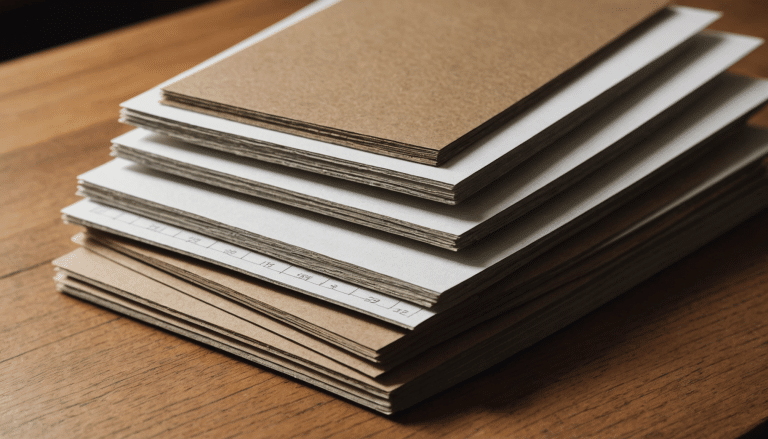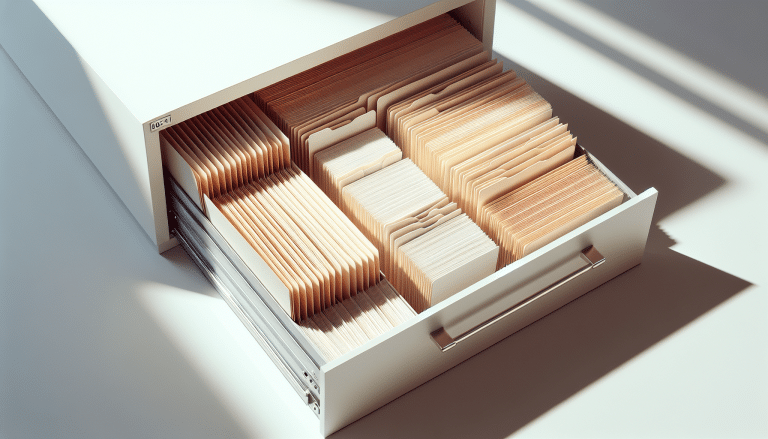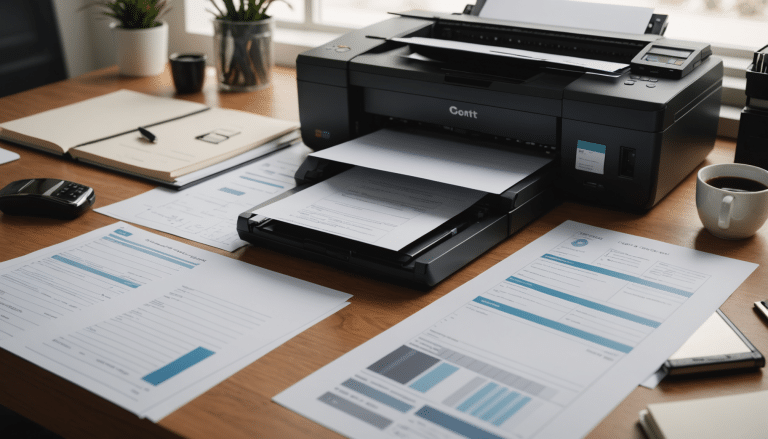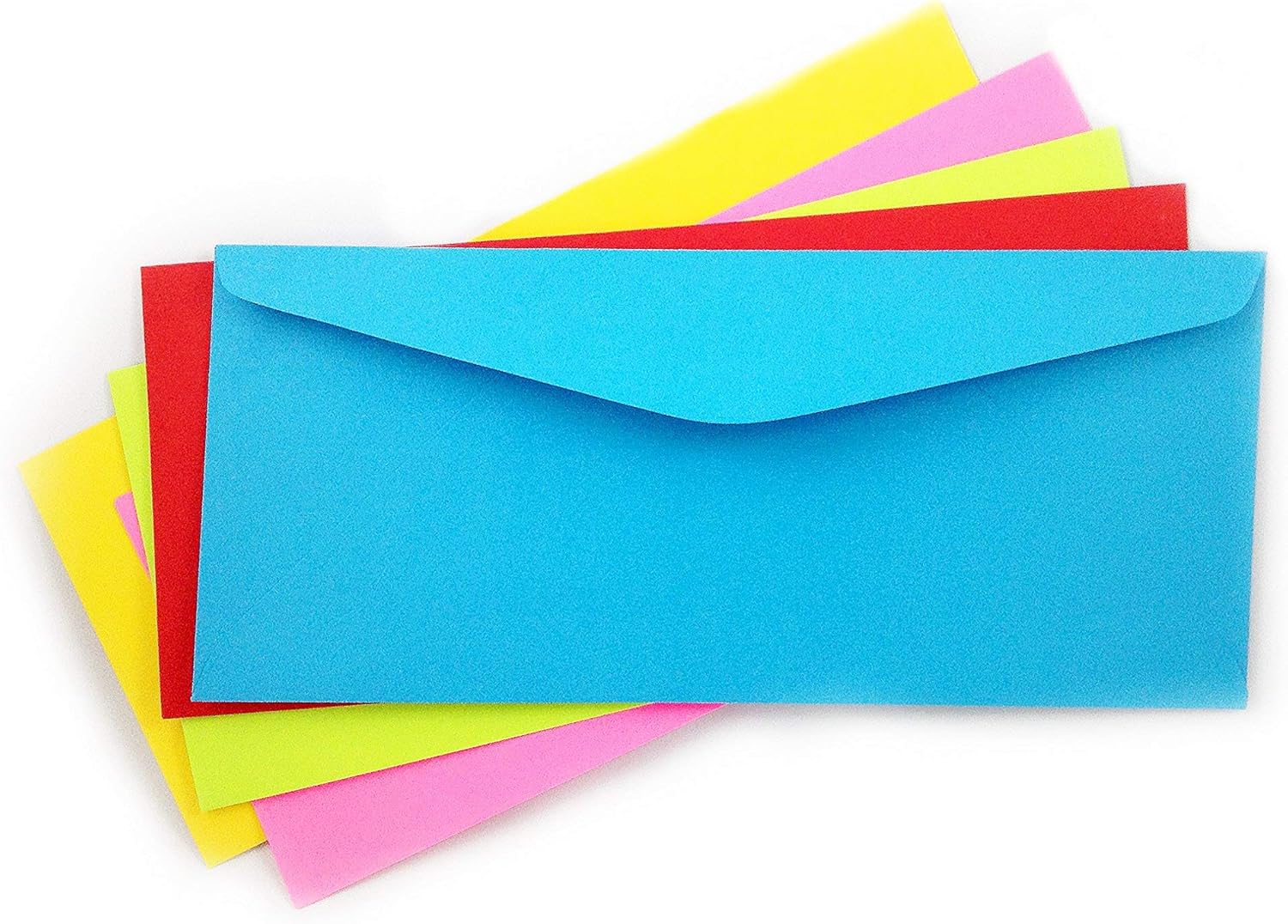
Envelope size guide
Despite email and instant messaging being easily accessible forms of communication, the humble envelope will always be an important part of everyday life. Whether we’re sending important documents to the other side of the world or receiving bills through the post, using the postal service is still very much a necessity. Despite what you might expect, the process of purchasing envelopes can be confusing. There are numerous sizes of envelope, some requiring different postage. Here’s our guide to help you choose the right envelope sizes.
The most commonly used envelope formats
Envelope and paper formats are governed by international standards ISO 269 and ISO 216 respectively. As with the different paper sizes (A3, A4, A5 for example), envelopes are identified by a letter followed by a number (C3, C4, C5). This is no coincidence, as mail formats and envelope formats have been designed to correspond. In other words, you can put an A4 sheet of paper in a C4 envelope without having to fold it.
What are the dimensions of the different envelope formats? Here is a list of the main formats used by companies:
| Envelope format | Dimensions | Correspondence in paper format |
|---|---|---|
| DL | 11 x 22 cm | A4 folded in 3 or A5 folded in 2 |
| C3 | 32,4x 45,8 cm | A3 |
| C4 | 22,9 x 32,4 cm | A4 or A3 folded in 2 |
| C5 | 16,2 x 22,9 cm | A5 or A4 folded in 2 |
| C5/6 | 11,4 x 22,9 cm | A4 folded in 3 or A5 folded in 2 |
| C6 | 11,4 x 16,2 cm | A4 folded in 4 |
| C7 | 8,1 x 11,3 cm | A5 folded in 4 |
DL envelope size

The DL size envelope is one of the most common and popular sizes of envelope available. A standard DL envelope measures at 110mm by 220mm and is commonly used for posting letters. An A4 piece of paper can be folded into three and sent in a DL envelope. When posting, a standard stamp should suffice for this sized envelope.
C4 envelope size
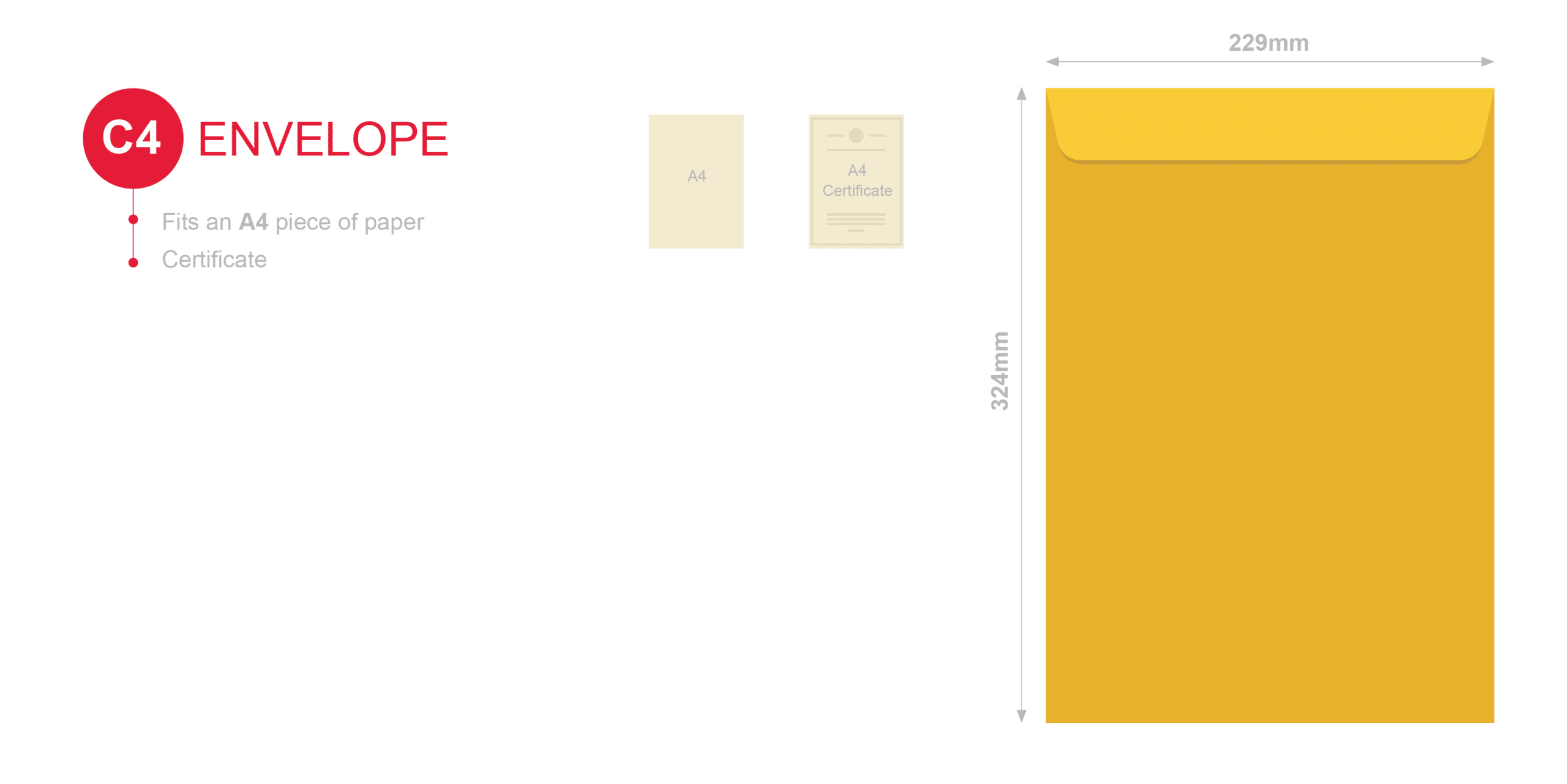
A C4 size envelope is often known as an A4 envelope as it perfectly fits an unfolded piece of A4 paper. It can also fit a piece of A3 paper folded in half. These envelopes measure 324mm by 229mm. This larger size means that they can’t always be posted using a regular postage stamp and would be classed as a ‘large letter’, meaning you would generally have to take them into a post office to have them weighed and sent.

A C5 size envelope is a common choice as it can fit an A4 piece of paper folded in half and still classes as a ‘letter’ for postage, so you can use a standard postage stamp. An average C5 envelope measures 162mm by 229mm.
C6 envelope size

The C6 size envelope is slightly smaller than the DL envelope. It measures approximately 114mm by 162mm in size. This sized envelope can fit an A4 piece of paper folded into quarters, an A5 piece of paper folded in half or an unfolded piece of A6 paper. Again, this type of envelope should be fine to post using a regular postage stamp.
C7 envelope size

The C7 is the smallest envelope size in this guide. Measuring 84mm by 114mm, this envelope can fit a piece of A5 paper folded into quarters or a piece of A7 paper. Due to the small size of these envelopes, you should only need a regular postage stamp.
Frequently Asked Envelope Questions
How many stamps for a large envelope?
A large envelope, known to the postal service as a large letter, is a maximum size of 353mm by 250mm by 25mm. The number of postage stamps required depends on the weight of the item you are sending:
- 0 – 100g: Two first-class or second-class stamps.
- 101 – 250g: Two first-class or three second-class stamps.
- 251 – 500g: Three first-class or three second-class stamps.
- 501 – 750g: Four first-class or four second-class stamps.
If you’re wondering “where do I put stamps on an envelope?” They always go in the top right-hand corner.
How to write an envelope?
It may seem like writing an envelope should be a skill possessed by everyone, but with the use of SMS and other forms of electronic communication, it’s becoming less of a necessity. To help the postal service deliver your letter, it’s important to make sure it’s addressed in the correct manner. Here are the key things to include:
- Full name of the recipient
- Building name
- Building number and full street name
- Town
- Country
- Postcode
- Country (if posting abroad)
How to print on envelopes?
Whilst a handwritten envelope may have a personal touch when sending mail to a relative or friend, for businesses it can be important to print envelopes, this looks more professional and means less time is spent writing out addresses. Microsoft Word can support envelope printing. Here are a few quick steps to help you print envelopes using Microsoft Word:
- Open Microsoft Word
- Open a new ‘blank document’
- Click the ‘Mailings’ tab at the top
- Select ‘Envelopes’
- Enter your delivery address
- Click ‘Options’ and select your envelope size
- Click ‘Printing Options’ and select the correct envelope feed for your printer
- Press ‘Print’
Choosing the envelope that best fits your requirements doesn’t need to be difficult, just following our size guide can help make sure you have the right product for your needs.






